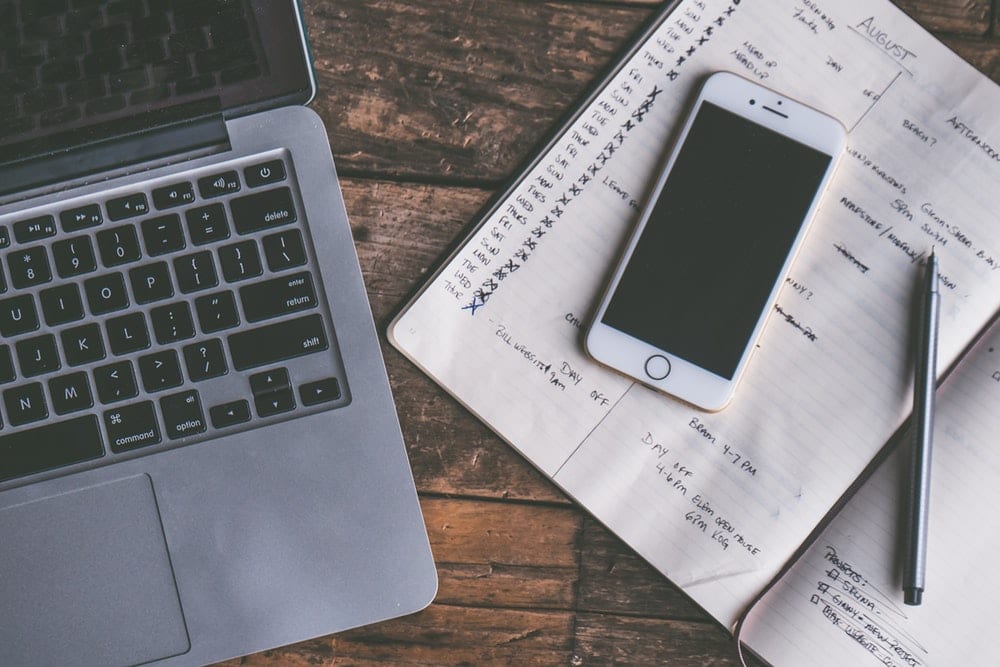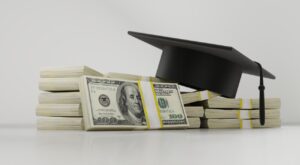In this article we tackle the topic of a student loan vs personal loan. Because, let’s face it, college tuition is not going to get any cheaper and more affordable anytime soon.
Attending a public university for four years costs students and parents an average of $8,800. It’s even higher for private non-profit universities. With the high cost of college, it is understandable so many students take out a loan to pay for it.
While student loans are common, some also look to a personal loan to pay for school. We look at the pros and cons of each option below.
Student Loan vs Personal Loan
When it comes to student loans, federal loans are almost always the better options. However, there may be situations where you can’t get or don’t want a federal student loan. In this case you may look to a personal loans from a private financial institution.
It is still true that private student loans usually have better interest rates than personal loans. Even so, it’s generally recommended that you look into federal student loans first before checking out secondary options such as private student loans and personal loans.
Interest Rates
The average interest loans for private student loans could be as low as 3.9% percent. However, this can go up to 18% depending on your provider and your credit score. On the other hand, we have personal loans that have an average interest rate of 10.31% APR for a 24-month loan.
Payouts
Student loans and personal loans also differ in payouts. For student loans, the money is usually paid out directly to your school.
Personal loans are different. The money you loan get paid out directly to you. Which means it is easier and quicker to get the money. However, it makes it more tempting to use the money for other stuff, which in return can result in you taking out more than you need.
The student loan option eliminates the possibility of getting tempted to use the money for other things.
Repayment
When it comes to repayment plans, both options offer a wide variety of terms. This depends on your lender.
However, each also comes with its own set of differences. For instance, a lot of private student loan providers offer repayment features that are more beneficial to students.
In student loans, you are not required to pay your loan until after you finish school and get a job. In personal loans, you are expected to start paying immediately.
The Bottom Line
So a student loan vs personal loan. Which one is best?
Well, both options come with its own set of pros and cons. Most of the time, private student loans and personal loans are used to bridge the gap that federal student loans cannot pay for. If this is the case, it is important to do your research on which option may be best for you.
Private student loan providers and personal loan providers provide different options when it comes to interest rates, repayment plans, taxes, and more. It is important to speak with each provider to see which one works best for you. It really depends on the specifics – both of the terms of the loans you’re considering and your personal situation.
This article is part of our series: Student Loan Advice for Online College Students
The next topic in the series is: Student Loan Mistakes








